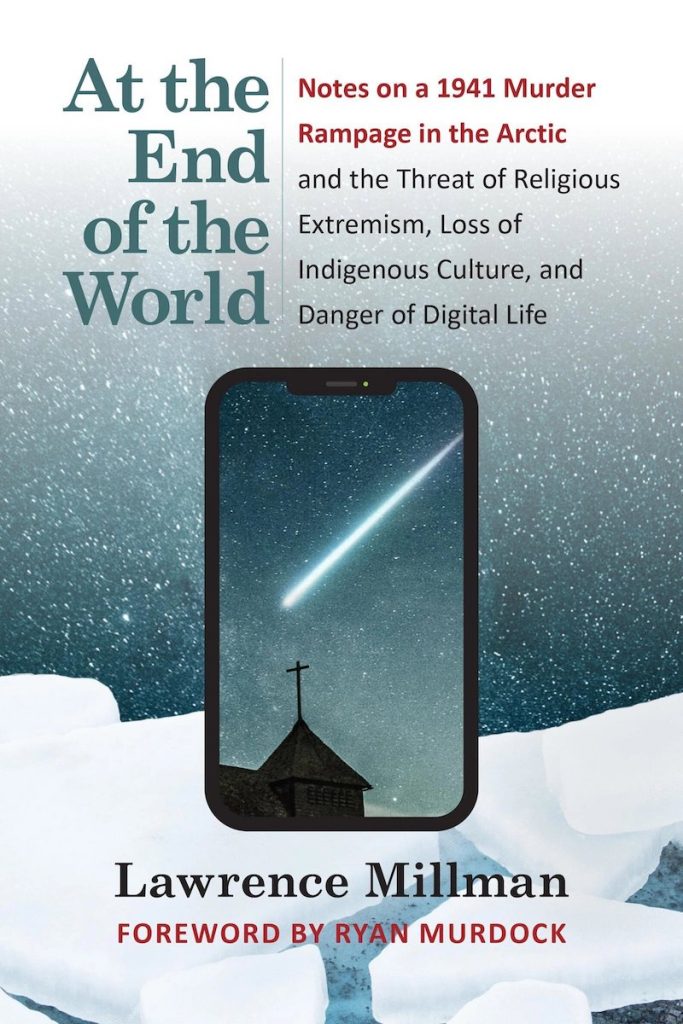My friend Lawrence Millman believes stories are essential to our survival.
He’s spent his writing life tracking them down and preserving them, from East Greenland to the forgotten corners of the Canadian North.
This obsession was present from his first book, Our Like Will Not Be There Again, in which he sets out to record the “wonder tales, jokes, violent opinions, and self-contained monologues” of itinerant tinkers, field hands and pub dwellers in the far west of Ireland, where traditional trades and a culture of oral storytelling — often in the Irish language — were being drowned beneath the rising waters of generic European-ness brought by membership in the European Economic Community.
“The story of the west of Ireland will be over,” he writes, “when it is no different from any other west.”
I grew up in a small Ontario town on the St Lawrence River, a place where immigrants from poverty-stricken Ireland, Italy and Eastern Europe were encouraged to retain their traditions while embracing Canadian values and ethics.
My grandparents arrived by boat from County Antrim in 1929, and though my father never visited Ireland, that same penchant for storytelling and pub conviviality had somehow been passed on to him.
Like Millman, a reverence for ‘story’ has been the guiding obsession of my life, paired with an irresistible attraction to the edge of the map.
I traveled through the wilds of East Asia, where Uyghurs on the fringe of the Taklamakan Desert were being forcibly assimilated into modern China, and on the Caribbean coast of Nicaragua I met Miskito people whose culture had fallen prey to competing Moravian and Catholic missionaries even as their lands fell prey to foreign banana companies.
In so many of these marginal places, I found people unmoored from the daily rituals that had given structure to the life of the group, and from the time honoured ancestral lore which enabled their survival in an often harsh geographical setting.
I was drawn to Millman’s work on the Arctic because his is an attempt to preserve what was lost with the arrival of more aggressive — and often proselytizing — belief systems whose dangled lure of material prosperity outshone the loss of uniqueness that was the price of embracing it.
At the End of the World is about a series of brutal murders that occurred on a remote group of islands in the southeast corner of Hudson Bay in 1941.
You can buy a copy now from Trinity University Press.
I wrote the Foreword for the new edition.

